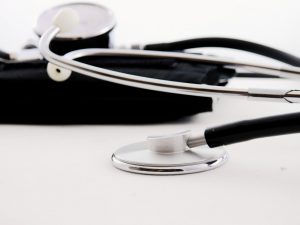Earlier this month, I attended a FND workshop at Addenbrookes hospital. It is was arranged in order for FND patients to understand the condition more and find out what services there are in the area. There was (types of Specialists)
First of all, for those that don’t know Functional Neurological Disorder is defined as when the nervous system is intact, but not working properly. The long-term outcome is variable but the patient can get completely better; this however depends on a number of factors.


So what can help?
-
Awareness
Gently noticing what the mind and body are doing, so we can make choices about how to respond. This technique can take practice, if this isn’t something you are used to doing. From quite early on, I kept a symptoms diary. It is a useful way to look for patterns and triggers when you monitor situation, emotions and symptoms.
-
Mindfulness
This is an approach which helps to develop a gentle, non-judgemental awareness of thoughts/feelings/body sensations. We tune into the present moment, not dwelling on the past or fretting about the future. Frantic World has some fantastic meditations, even involving chocolate!
-
Self-Compassion
We are often much kind to other people than we are to ourselves. Just gently noticing and naming how you feel, is a start to showing self-compassion. This again links to mindfulness. The Headspace app talks a lot about the noting technique.
A little test for this is, would you talk to a friend the way you talk to yourself? If you wouldn’t, then may you need to be a little more gentle with yourself.
-
Re-Connecting
-
Support

How to Manage Symptoms
I am very keen to explain from personal experience that the patients recovery is greatly improved with first their acceptance of the condition and then with them working directly on on proactive management of the condition.

A postive approach is the most
Getting Help


